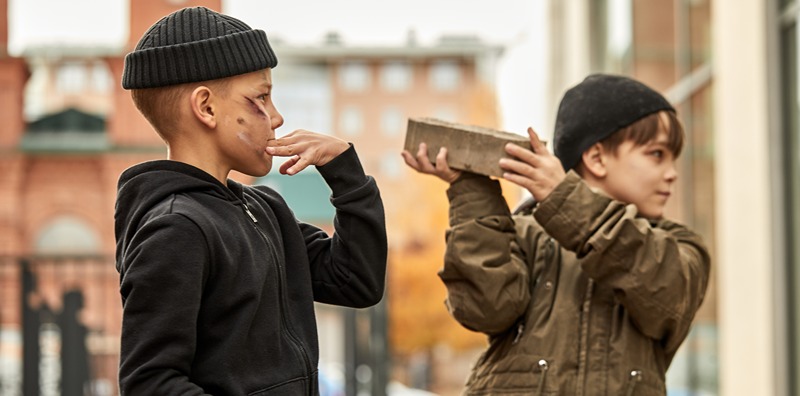
Feature Article: Understanding Juvenile Crimes in Arizona
According to the Arizona Criminal Justice Commission, there were 13,837 juvenile arrests in Arizona in 2019. Juvenile crimes are a serious matter, and it’s important for parents and guardians to understand the laws and procedures surrounding them.
What are Juvenile Crimes and Their Punishments?
In Arizona, a juvenile is defined as an individual under 18 years of age. Juvenile crimes include both misdemeanor and felony offenses such as theft, drug offenses, assault, and murder. Punishments for juvenile crimes vary depending on the severity of the offense, but can include fines, probation, community service, or in some cases, juvenile detention. It’s important to note that juvenile court proceedings are not the same as adult court proceedings.
How Does Juvenile Court Work in Arizona?
In Arizona, juvenile court proceedings are generally closed to the public to protect the identity of the minor. In most cases, if a juvenile is arrested for a crime, they will be referred to the Diversion Program, which is a diversionary alternative to court. If the minor successfully completes this program, the charges against them will be dismissed. If a minor is not eligible for the Diversion Program, their case will be referred to court, where a judge will determine their guilt or innocence and issue a sentence if necessary.
When Can Juveniles Be Tried as Adults?
In some cases, juveniles can be tried as adults in Arizona. This usually occurs when the crime committed is particularly serious, such as murder or sexual assault. When a juvenile is tried as an adult, they will be subject to the same penalties as an adult, including potential prison time.
What are Defenses for Juvenile Crimes?
There are several defenses that can be used in juvenile court, including self-defense, lack of intent, and mistaken identity. It's important to work with an experienced juvenile defense attorney to determine the best defense strategy for your particular case.
The Role of Parents or Guardians in Juvenile Cases
Parents or guardians play an important role in juvenile court proceedings. They should be actively involved in their child’s defense and should work closely with their child’s attorney. Parents or guardians should also make sure their child understands the seriousness of the situation and the potential consequences of their actions.
How a Juvenile Defense Attorney Can Help
If your child is facing juvenile charges in Arizona, it’s important to work with an experienced juvenile defense attorney. An attorney can help you navigate the legal system and ensure your child’s rights are protected throughout the process. They can also help you build a strong defense and potentially reduce the severity of the charges against your child.
Conclusion
Juvenile crimes in Arizona are a serious matter, but with the right legal guidance, minors can receive the help they need to move forward. If your child is facing juvenile charges, don’t hesitate to seek the help of an experienced juvenile defense attorney.